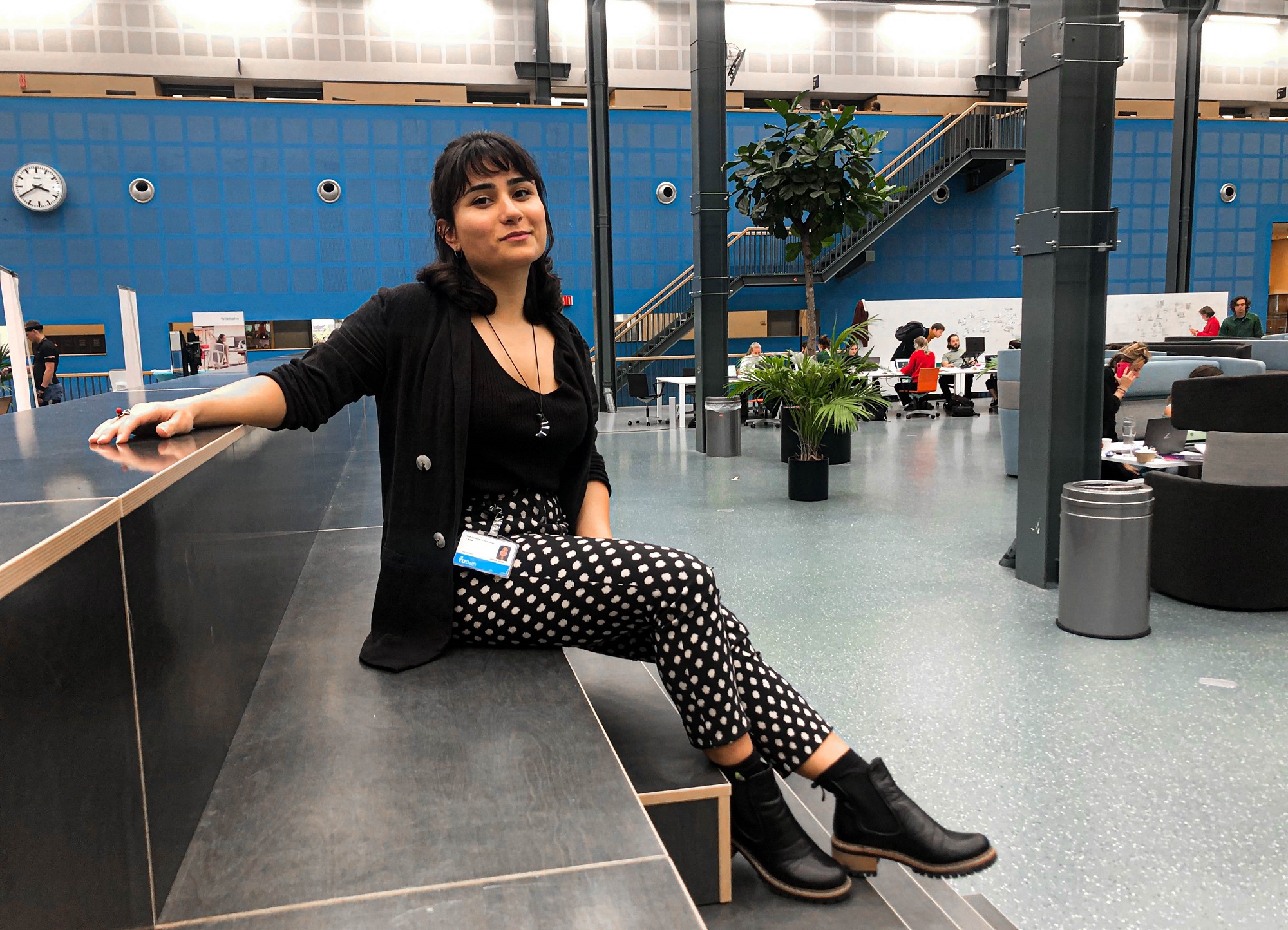Helping ICU nurses avoid alarm fatigue benefits both nurses and patients. This is the focus of research for PhD candidate Idil Bostan.
Idil Bostan: “I always knew I wanted to learn more about the human mind.” (Photo: Personal collection)
“I work in an interdisciplinary field and my background is equally interdisciplinary. I am originally from Istanbul, Turkey, and I have a bachelor’s degree in psychology and English literature. Once I graduated, I got introduced to the field of design and I worked for two and a half years in a design lab. I worked with Human Computer Interaction designers, helping them with user experience experimentation. While you’re designing you have to go to the users and involve them in the design process for things such as ergonomics or usability of the interface. I would analyse qualitative and quantitative data and make sense out of it so the insights could be fed back to designers in the form of design guidelines.
I really liked the field but I always knew I wanted to learn more about the human mind, it’s just a personal passion of mine. So, four years ago I moved to the Netherlands for a master’s in cognitive neuroscience. I finished that and then Covid happened. I studied at the Donders Institute at Radboud University in Nijmegen. I learned about perception, attention, and neuroimaging techniques such as fMRI, EEG, and PET scans. I knew I wanted to get back into design. When I say design, I don’t mean design of products, like tables, but more like systems and interfaces. During the first months of Covid I came across this position and here we are.
Alarm fatigue is what I’m working on, and I’m approaching it from a cognitive perspective. I’m looking into things like sound perception, sound cognition, how we can design systems that fit well with the cognitive needs of nurses on an ICU ward.
‘The nurse has to rush to attend an alarm every four minutes’
Imagine an intensive care unit. The patient is there in the middle of the room and around the patient there are lots of devices and equipment and a lot of things going on. All of these devices are there to monitor the health status of the patient. The nurses are supposed to watch these monitors and act accordingly, like if the heartrate drops, they have to react. The problem is that all of these devices come with audio visual alarms and they are really disconnected from each other. There are too many alarms every day. We work with Erasmus Medical Center in Rotterdam and recently they measured an alarm every four minutes per patient and per nurse. That means the nurse has to rush to attend an alarm every four minutes, which is not ideal.
Most of the alarms are false alarms like a sensor falling off or going slightly over a threshold and then going back down. It’s actually called ‘alarm fatigue’ in the literature when nurses kind of tune out and don’t really hear the alarms any more. Or they consciously choose to ignore an alarm because their attention is divided, or they press a button which mutes the machine for several minutes. All of these are terrible but it’s not the fault of the nurses. It’s a systematic problem and it’s detrimental to the well-being of the nurses. It’s also threatening to patient safety because nurses can miss out on critical things.
Today is my first-year anniversary of starting the PhD. When I am done, I know I want to stay in research and I know I want to be doing something related to cognition and the human mind. I don’t know where it will be. Let’s see how I feel at the end of four years.”
Want to be featured in Humans of TU Delft? Or do you know someone with a good story to tell? Send us an e-mail at humansoftudelft@gmail.com
Heather Montague / Freelance writer



Comments are closed.